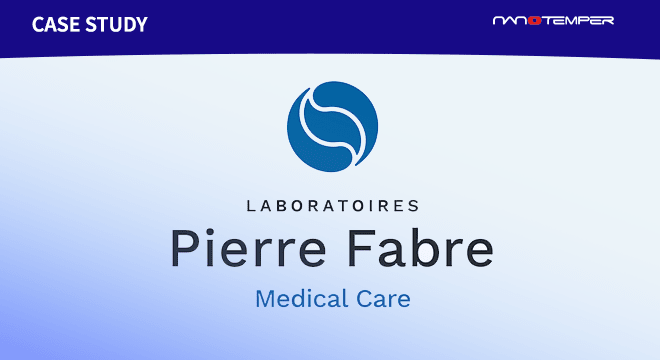Deniz B.Temel, Pavel Landsman & Mark L. Brader
Methods in Enzymology
2016 vol: 567 pp: 359-389
Abstract
Evaluating prospective protein pharmaceutical stability from accelerated screening is a critical challenge in biotherapeutic discovery and development. Measurements of protein unfolding transitions are widely employed for comparing candidate molecules and formulations; however, the interrelationships between intrinsic protein conformational stability and pharmaceutical robustness are complex and thermal unfolding measurements can be misleading. Beyond the discovery phase of drug development, astute formulation design is one of the most crucial factors enabling the protein to resist damage to its higher order structure—initially from bioprocessing stresses, then from stresses encountered during its journey from the product manufacturing site to the bloodstream of the patient. Therapeutic monoclonal antibodies are multidomain proteins that represent a large and growing segment of the biotechnology pipeline. In this chapter, we describe how differential scanning calorimetry may be leveraged synergistically with isothermal chemical denaturation and intrinsic fluorescence with concomitant static light scattering to elucidate characteristics of mAb unfolding and aggregation that are helpful toward understanding and designing optimal pharmaceutical compositions for these molecules.
Topics: Antibodies, Prometheus – nanoDSF, Proteins, Publications


















